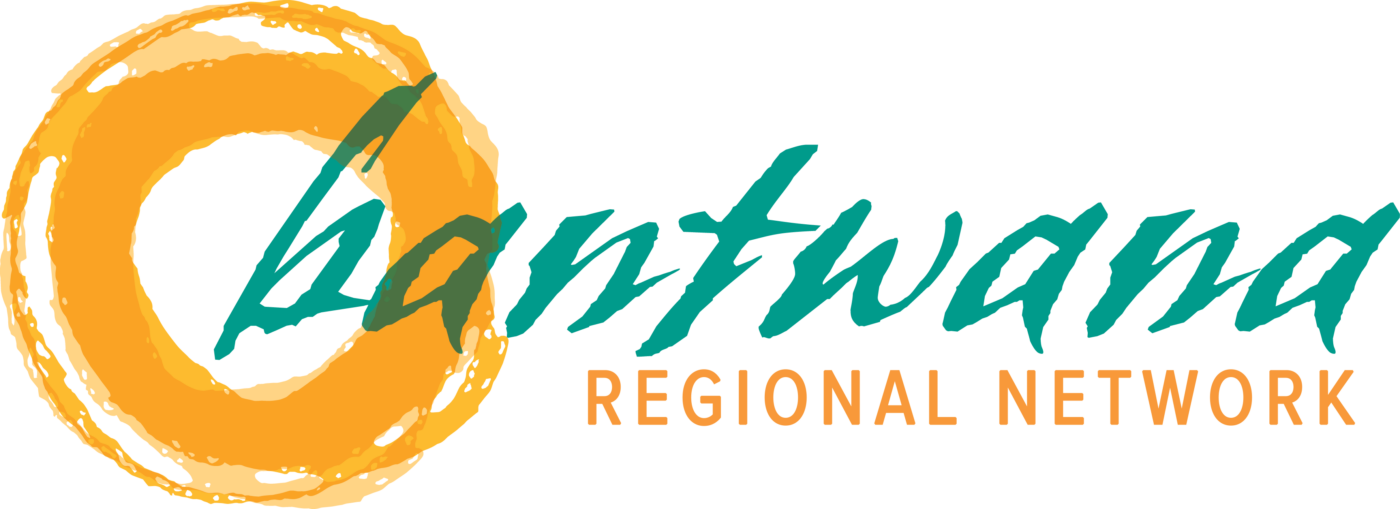
Building a Business, Building a Life
 Ready, Resourceful, Risk-Aware – the English translation of the Nsika Ya Kusasa project – are terms that can be aptly applied to 26-year-old Telamsile Kunene, one of more than 14,000 adolescent girls and young women reached through Batswana Eswatini’s implementation of project activities. From a despairing, unemployed situation, Tensile is today gaining valuable work experience, vocational skills, and pursuing a well-thought-out plan to open her own business.
Ready, Resourceful, Risk-Aware – the English translation of the Nsika Ya Kusasa project – are terms that can be aptly applied to 26-year-old Telamsile Kunene, one of more than 14,000 adolescent girls and young women reached through Batswana Eswatini’s implementation of project activities. From a despairing, unemployed situation, Tensile is today gaining valuable work experience, vocational skills, and pursuing a well-thought-out plan to open her own business.
Batnwana Eswatini (BE), as one of the main implementing subgrantees to Pact on the five-year Nsika Ya Kusasa project (2018-2023), Bantwana Eswatini was responsible for achieving the project’s 95-95-95 targets for sustainable epidemic control by preventing new HIV infections and reducing the vulnerability of two key groups–orphans and vulnerable children (OVC) and adolescent girls and young women (AGYW).
Under the livelihoods component, BE built the socio-economic resilience of families and caregivers affected by HIV while increasing uptake of high-impact services to prevent HIV and gender-based violence and support sexual and reproductive health, including family planning.
For many years post-high school, Telamsile Kunene had been unemployed and struggling to get by. With poor graduation results, she was not able to progress to tertiary education or apply for a scholarship. She did not have any source of income, and depended on her sister and boyfriend for even the most basic needs, such as toiletries. Her dream was to become a chef but could not afford to pay tuition for a training course or find a job.
The BE project team identified Telamsile during community mapping, and she was screened and enrolled in Nsika ya Kusasa based on vulnerability criteria. She was recruited into skills building and livelihoods sessions conducted by Bantwana Life Mentors and Business Mentors respectively, where she also received mentorship sessions and developed her mentee action plan towards achieving her goals. Being linked to the Nsika ya Kusasa project was eye-opening for her. It made her think of the possibility of running her own business, rather than depending on others for employment.
Being linked by Bantwana Eswatini to livelihoods interventions was eye-opening for her, and promoted her to think of running her own business which she had never considered before. Telamsile participated in financial literacy and employability skills sessions, which helped channel her aims and goals. She also received savings and lending group training, which emphasizes saving for a purpose. The Business Mentor also conducted one-on-one mentorship with her to help pursue her goal of chef’s training.
Telamsile was linked to a WORTHY/ Savings and Lending group with other AGYW in the community. WORTHY groups bring together 20-25 members to establish small community banks for regular savings and lending. These activities are layered with literacy, numeracy and business-oriented skills development. Pooled savings are made available to members through short-term, low-interest loans often used for income-generating activities, thus accumulating assets and accessing much-needed finance. They are also able to strengthen their social and economic networks and contribute to household decision-making and community development.
Telamsile started saving money which she intended to use for her vocational school payment. She started a small business of selling snacks a local primary school. When Nsika ended, Telamsile was linked to the follow-on Sabelo Sensha Project, for vocational training support. Bantwana Eswatini has been implementing the Sabelo Sensha Project as a sub-awardee since August 2023, with a target to reach 12 330 AGYW in its first year of implementation. This is an OVC/DREAMS project that aims to reduce new HIV infections and reduce the disease burden and vulnerabilities amongst adolescent girls and young women.
Sabelo Sensha paid for Telamsile’s tuition fee to attend a catering course at Dvokolwako Vocational Center, close to her residence. She then began an internship at Asante Guest House, near Manzini. When Telamsile faced transport challenges to get to her course, she was able to meet them with the income earned on the side. Finding the internship was also challenging, requiring her to move in with a relative to be closer to the guest house.
Through Sabelo Sensha, Bantwana Eswatini supported her with a small stipend for three months, which helped her contribute to groceries at her relative’s home. In addition, Telamsile has started a baking business on the side and caters for private functions in the community, which brings is additional income. After completing her course, and continuing to gain work experience, Telamsile plans to open her catering business instead of focusing on the job hunt.
Telamsile has learned that it is best to do something that you are passionate about so that when the challenges come you can push through and overcome them. She has also learned the importance of creating self-employment opportunities.
